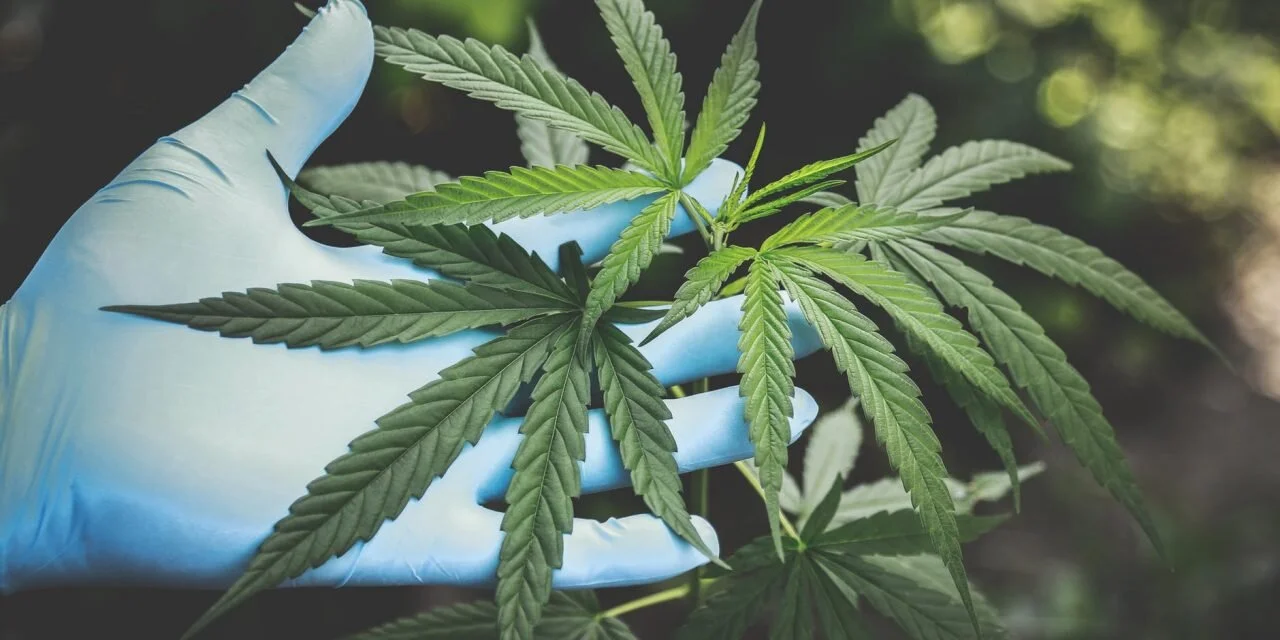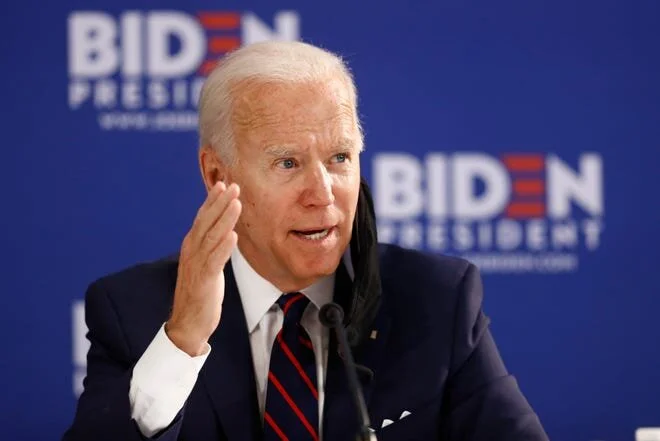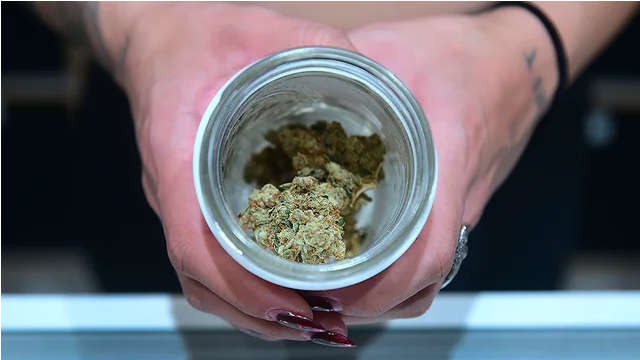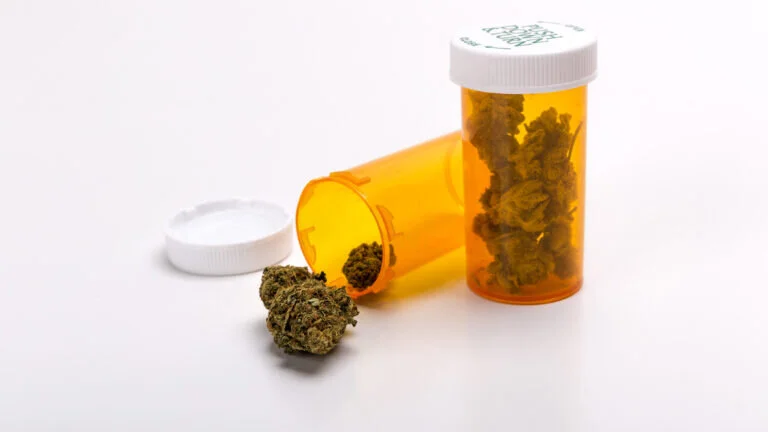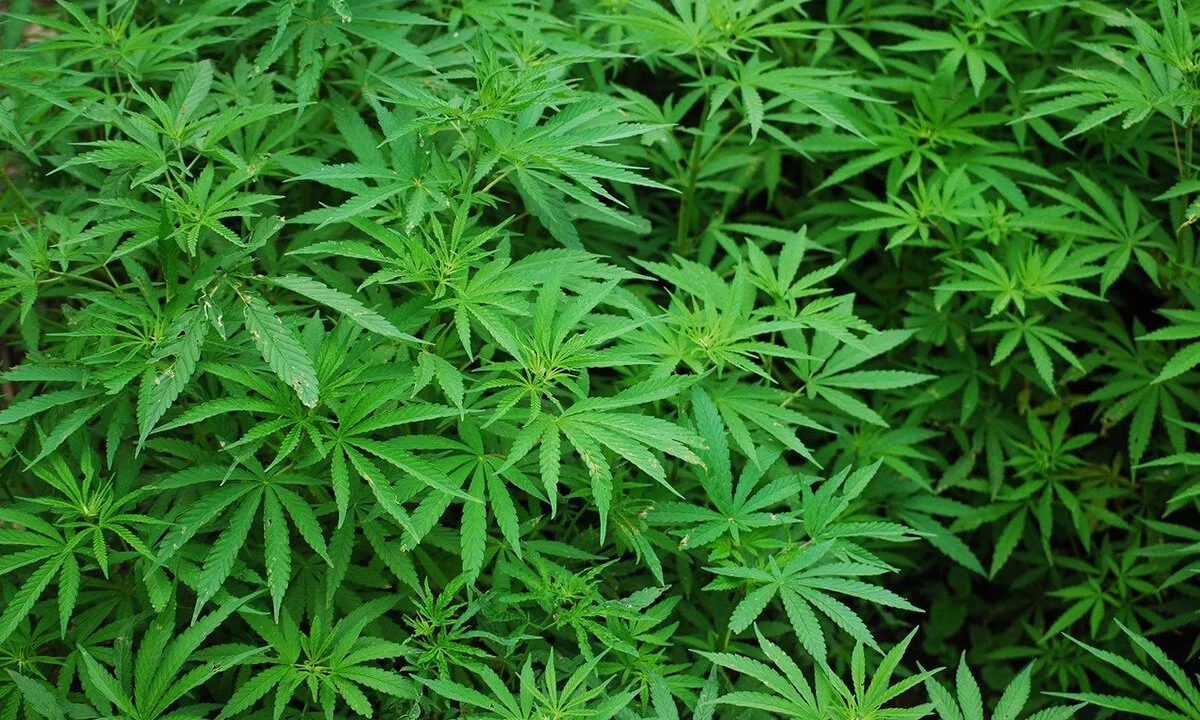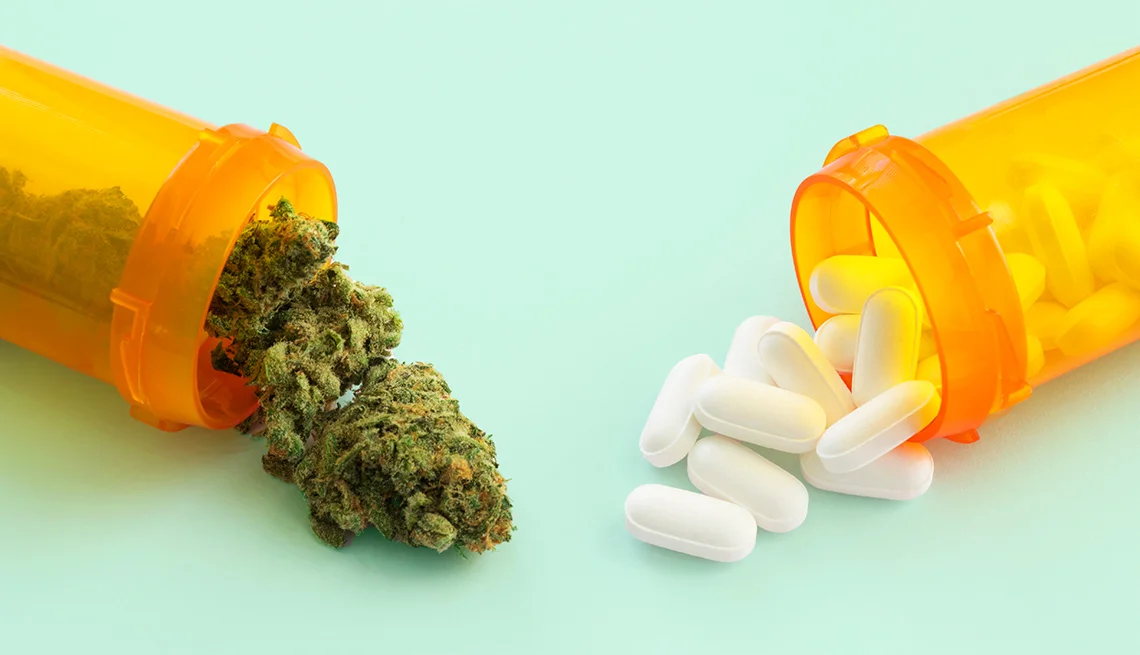Marijuana legalization, both medically and recreationally, is driven by economics and individual freedoms, rather than public health consequences.
Read MoreStay in the know with the latest on our fight against the legalization of marijuana
Have an article that you would like us to post? Share it on our Facebook page!
The True Cost of Marijuana: A Colorado Town That Went All-In→
/Emergency room doctors in Pueblo see a different side of the equation and say the deleterious effects of cannabis legalization far outstrip any benefits.
Read MoreMarijuana caused young woman’s persistent vomiting→
/The gastroenterologist advised Moon to stop using marijuana for three to six months and return if she was still having symptoms. Moon demurred. “I was unconvinced this was the cause,” she said. Moon decided to attend a cannabis-themed dinner party in Malibu. A few hours after she got home, Moon began throwing up and didn’t stop for more than two weeks.
Read MoreMarijuana is not good for your heart, studies say→
/By Sandee LaMotte | CNN
You may love smoking weed, but it does not love your heart, according to the American Heart Association’s new scientific statement on marijuana.
“The American Heart Association recommends that people not smoke or vape any substance, including cannabis products, because of the potential harm to the heart, lungs and blood vessels,” said Dr. Rose Marie Robertson, the deputy chief science and medical officer for the American Heart Association, in a statement.
The new scientific statement, published Wednesday in the AHA journal Circulation, examined existing research on the connection between cannabis and the heart.
The statement found using weed has “the potential to interfere with prescribed medications” as well as “trigger cardiovascular conditions or events, such as heart attacks and strokes,” said clinical pharmacologist Robert Page II, who chaired the medical writing group for the statement.
Anyone planning to use marijuana should discuss possible risks with their health professional first, said Page, who is a professor in the department of clinical pharmacy and physical medicine/rehabilitation at the University of Colorado Skaggs School of Pharmacy and Pharmaceutical Sciences in Aurora, Colorado.
“If people choose to use cannabis for its medicinal or recreational effects, the oral and topical forms, for which doses can be measured, may reduce some of the potential harms,” Page said in a statement.
“It is also vitally important that people only use legal cannabis products because there are no controls on the quality or the contents of cannabis products sold on the street,” he added.
Heart complications
Some of the studies analyzed by the medical group found heart rhythm abnormalities, such as tachycardia and atrial fibrillation, could occur within the hour after weed containing THC is smoked. THC, or tetrahydrocannabinol, is the psychoactive substance within marijuana that creates a “high.”
Tetrahydrocannabinol can also cause a faster heart rate, increase the heart’s need for oxygen, disrupt the walls of arteries and contribute to higher blood pressure while prone, according to other studies.
“Cannabis smoke contains components similar to tobacco smoke,” Page said, and studies show tobacco-like increases in carbon monoxide and tar in a weed smoker’s blood after smoking marijuana, regardless of the THC content.
Chest pain, heart attacks, heart rhythm disturbances and other serious heart conditions are associated with both tobacco and marijuana carbon monoxide intoxication, the statement said.
For anyone with existing heart disease, risks go up. Smoking weed has triggered heart attacks, a higher risk of strokes and heart failure in people with underlying heart disease, studies show.
In comparison, CBD, or cannabidiol, one of the other 80 chemicals in cannabis, does not give the “high” typically associated with THC. Nor does it appear to cause harm to the heart.
In fact, studies reviewed by the medical group showed possible links to lower blood pressure, reduced heart rate and less inflammation, which is an underlying culprit of the narrowing of the arteries that can lead to heart disease and strokes.
However, despite the hundreds of products currently being sold over the counter and online, there is only one CBD-derived product approved by the US Food and Drug Administration, the group wrote.
‘Urgent’ need for in-depth research
There is one caveat to all these research findings: Existing studies on marijuana and the heart are “short-term, observational and retrospective studies, which identify trends but do not prove cause and effect,” Page said.
There is an “urgent” need for “carefully designed, prospective short- and long-term studies regarding cannabis use and cardiovascular safety,” Page added.
But that’s tough to do in today’s climate, because marijuana is classified as a Schedule I controlled substance by the US Drug Enforcement Agency. That limits research dramatically, and the DEA should remove those restrictions so that scientists can better study marijuana’s effects, the group advised.
In addition, the medical group recommended cannabis to be part of the US Food and Drug Administration’s tobacco control and prevention efforts, which may mean that there would be age restrictions on who can purchase weed, retailer regulations and even excise taxes.
The American Heart Association is looking over the scientific statement and will be releasing new policy updates in coming weeks, according to Michelle Kirkwood, an AHA spokesperson.
“The public needs fact-based, valid scientific information about cannabis’s effect on the heart and blood vessels,” Page said.
“Research funding at federal and state levels must be increased to match the expansion of cannabis use — to clarify the potential therapeutic properties and to help us better understand the cardiovascular and public health implications of frequent cannabis use.”
The-CNN-Wire
™ & © 2020 Cable News Network, Inc., a WarnerMedia Company. All rights reserved.
Duke: Study shows impact of paternal marijuana exposure on brains of offspring→
/A male’s marijuana use appears to alter sperm prior to mating, causing offspring to develop distinct abnormalities in areas of the brain that help govern learning, memory, reward and mood, according to a Duke-led study conducted on rats.
Read MoreCommend Biden for Resisting Big Marijuana→
/The task force's non-endorsement of legalization—which is also shared by almost every single medical association in the country, and a group of prominent scientists like the head of pediatrics at Johns Hopkins, the first Black magistrate judge in the U.S., and Harvard professors—is on solid ground.
Read MorePoliticians must recognize Americans' changing perceptions of marijuana→
/It was no surprise then that our survey found two-thirds of Americans support curbs on the commercialization of marijuana, and 78 percent want to see warning labels (similar to those on alcohol and tobacco) on pot products.
Read MoreMarijuana Is Not a Public Health Solution to the Opioid Crisis→
/Making marijuana more available might appear to be a solution to the current drug crisis in our nation. However, a more critical look at the research evidence suggests just the opposite. Decades of research findings have shown that marijuana use puts an individual at heightened risk for misuse of prescription opioids, heroin and other drugs.
Read MoreSorry: Pot shops not ‘essential businesses’ — and smoking boosts coronavirus risks
/To contain the coronavirus, governments have scaled down society to its bare bones, allowing only essential services to operate. Hospitals. Grocery stores. Takeout restaurants and pharmacies. Things that literally mean life or death.
Does getting high count? Of course, it doesn’t.
Read MoreCalifornia Deems Pot an Essential Coronavirus Business→
/The powerful marijuana lobby rolls over the health risks to smokers.
Read MoreStudy shows cannabis consumers are unaware of its actual effects→
/Do cannabis users have an accurate understanding of its risks and effectiveness? A study by American researchers who questioned 500 regular smokers of the drug indicates that many of them do not.
Read MoreCash from cannabis companies creates conflicted researchers→
/Universities in both Canada and the United States have recently accepted multi-million-dollar donations from the cannabis industry.
Read MoreAfter Nearly Two Years of Legal Pot, What’s Working?
/Proposition 64 (November 2016) promised voters in California several key things in exchange for a vote to “legalize.” Have any of those promises been kept?
Read MoreStop the "green rush"→
/What I learned is that just because prohibition failed, it does not mean legalization is succeeding. Few of the most significant benefits legalization advocates promised were materializing. The thirst for profit and the interests of powerful corporations were swiftly sidelining small-scale producers and retailers, even as we filmed. The need to provide justice to the victims of the war on drugs has been lost in the “green rush.” It was the same old story: powerful corporate interests coopt a nominally progressive social movement and warp it to their own benefit.
Read MoreDeaths and Lung Disease Linked to THC E-Cigs→
/Vaping THC may be behind many of the serious lung diseases that have been tied to e-cigarette use––raising concerns about an increasingly popular way of consuming marijuana, which many consumers view as a relatively safe habit.
Read MoreExpanding legal access to marijuana is not the solution to America's opioid crisis
/Expanding legal access to marijuana is not the solution to America's opioid crisis, according to a new research analysis published by the nonprofit Hazelden Betty Ford Foundation.
Read MoreLegalizing pot is proving to be a public-health disaster→
/It’s becoming increasingly obvious that legalizing marijuana consumption was a colossal public-health blunder.
Read MoreYoung Marijuana Users Face Psychosis Risk→
/A large study of teens shows that "in adolescents, cannabis use is harmful" with respect to psychosis risk, says study author Patricia J. Conrod, PhD, a professor of psychiatry at the University of Montreal.
Read MoreJAMA Pediatrics study doesn’t provide enough data to support its findings
/Last week, The Marijuana Report covered two studies: “Association of Marijuana Laws with Teen Marijuana Use” published last week in JAMA Pediatrics and “Trends in Single, Dual, and Poly Use of Alcohol, Cigarettes, and Marijuana Among US High-School Students: 1991-2017” published last month in the American Journal of Public Health.
Luke Niforatos: The pot industry's got lots of tricks -- Sens. McConnell, Shelby, please don't fall for them→
/Across the country, lobbyists for the marijuana industry, backed by Big Tobacco, Big Alcohol, and pharma investors, have focused much of their attention on getting members of Congress to back today’s highly potent legal weed under the guise of social justice to create a new addiction-for-profit industry.
Read More





